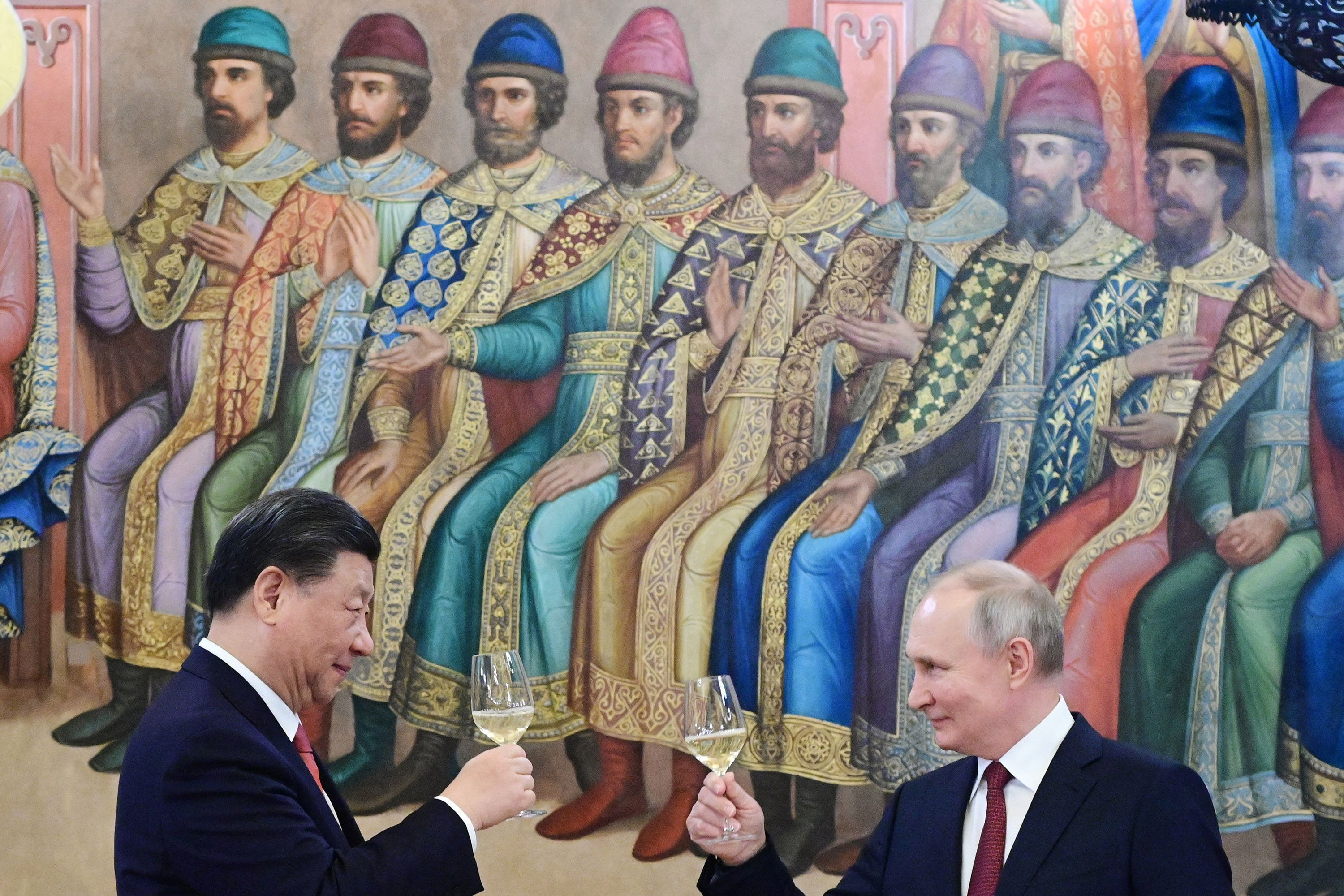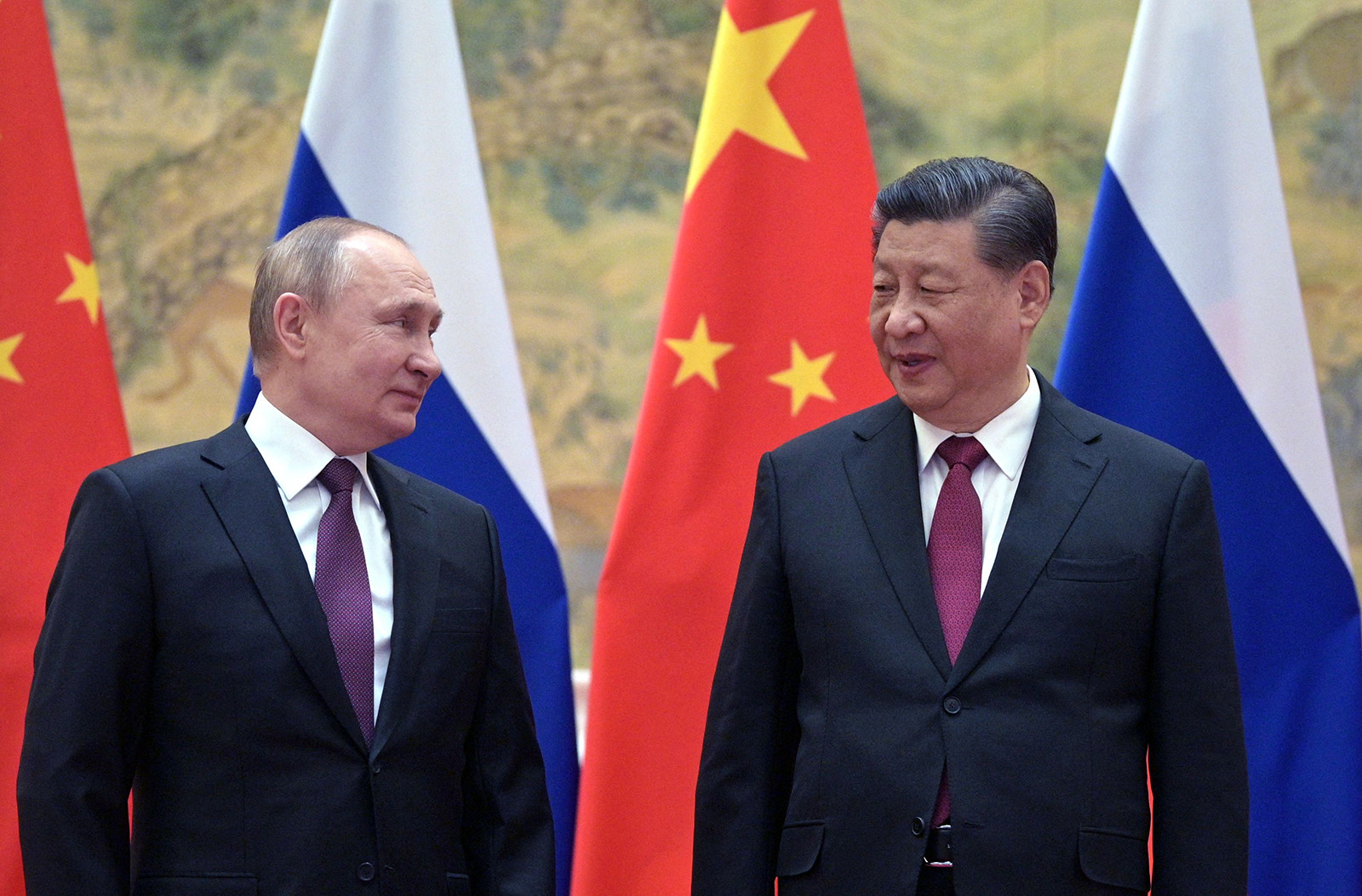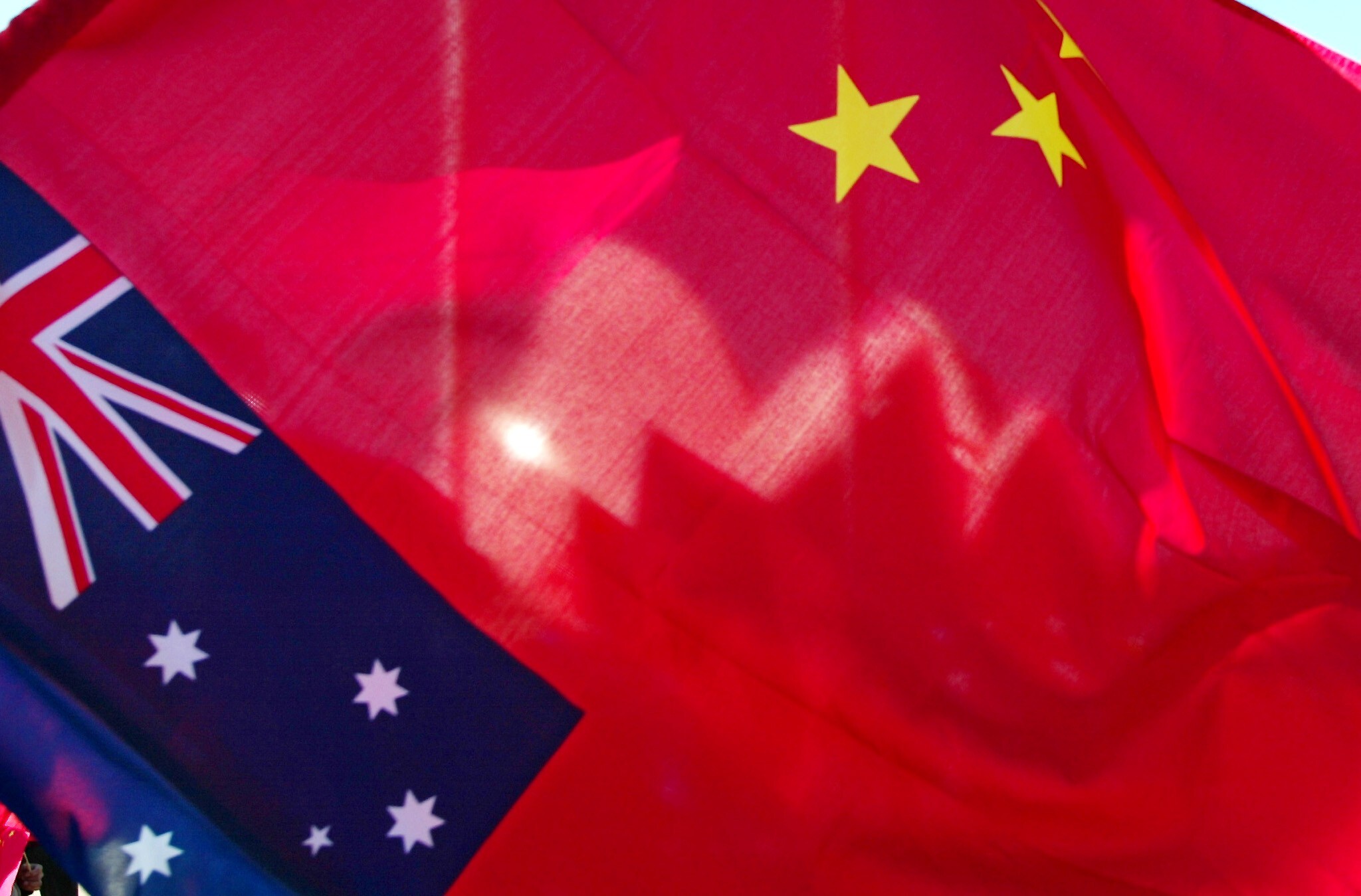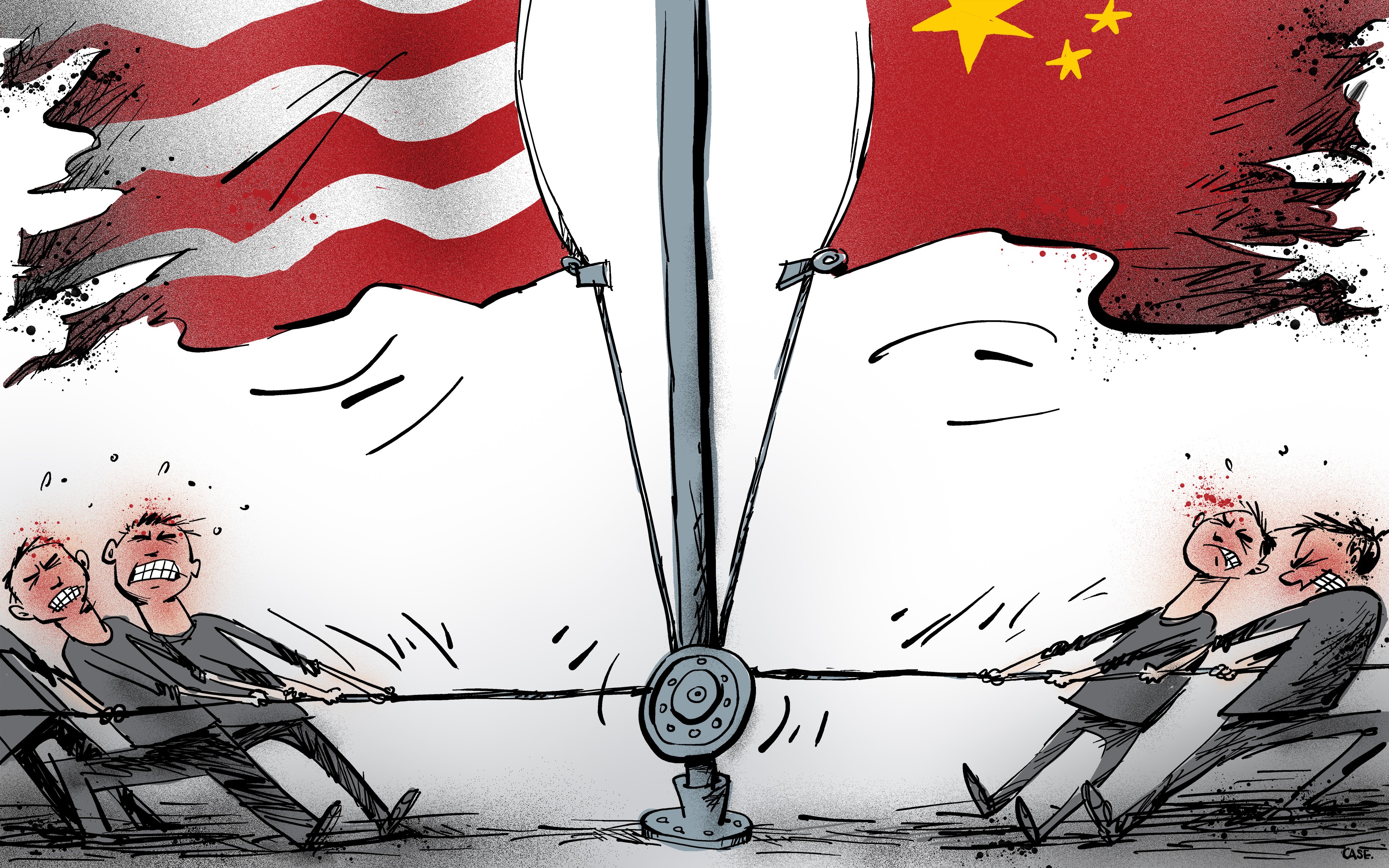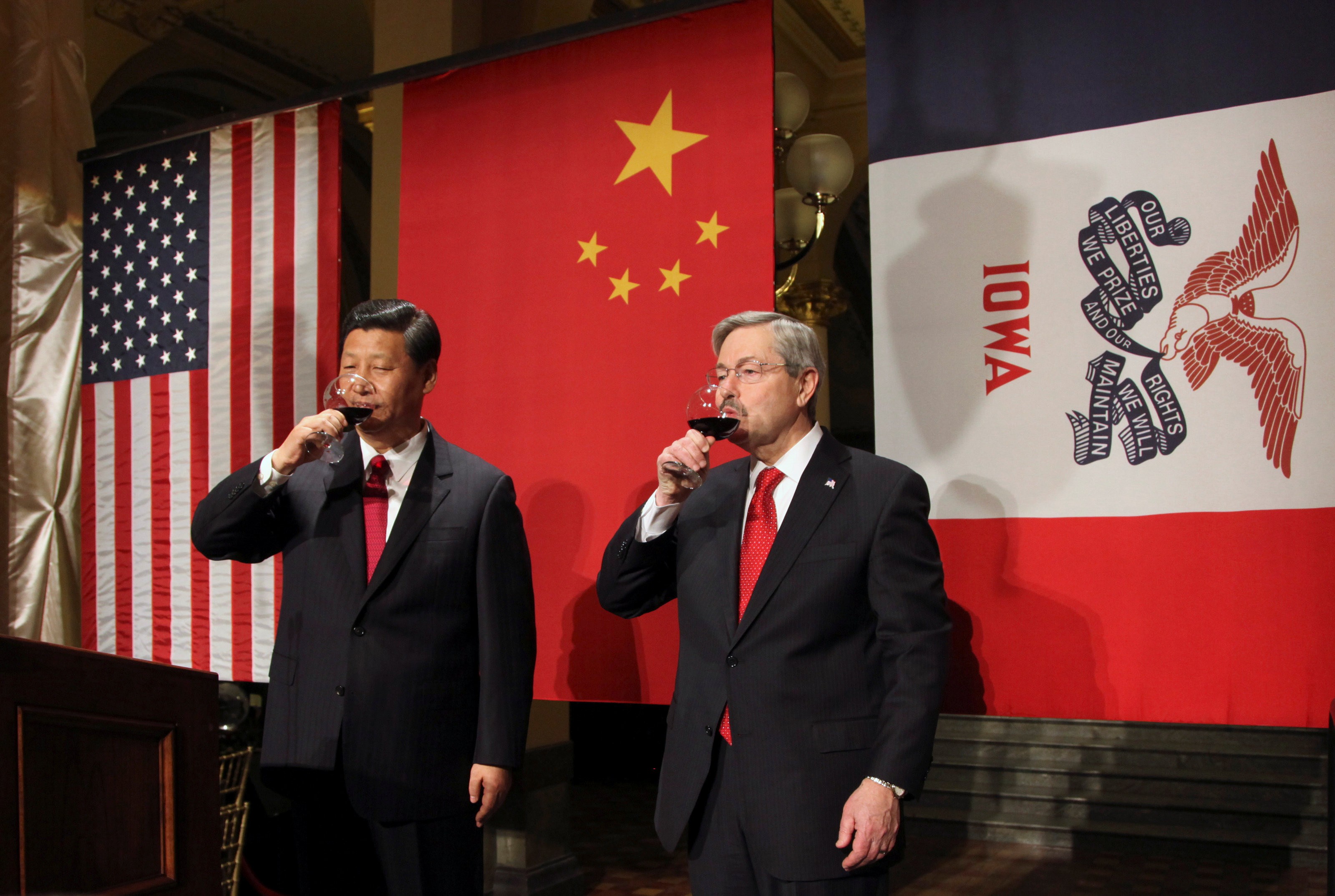Advertisement
Advertisement

Yuan Jiang
Yuan Jiang is a Chinese PhD student at the Queensland University of Technology. He is affiliated with the QUT Digital Media Research Centre. He completed his master’s degree in political science at Moscow State Institute of International Relations and bachelor’s degree in law at Shanghai University. He has served as an account manager at ZTE Corporation in Moscow. He also speaks Mandarin and Russian.
Yuan Jiang is a Chinese PhD student at the Queensland University of Technology. He is affiliated with the QUT Digital Media Research Centre. He completed his master’s degree in political science at Moscow State Institute of International Relations and bachelor’s degree in law at Shanghai University. He has served as an account manager at ZTE Corporation in Moscow. He also speaks Mandarin and Russian.
Languages Spoken:
English, MandarinRegardless of how close China and Russia’s governments appear to be publicly, there is long-standing distrust between their peoples behind the scenes. The enduring lack of trust among individuals might look small now, but the geopolitical influence of distrust can be far-reaching.
Beijing’s association with Moscow may not only have reputational consequences in the wake of the Ukraine war, but is also becoming controversial at home.
As Australia draws closer to the US in the name of national security and pursues trade diversification, it risks alienating China, its largest trading partner by far with a crucial role in its economic recovery.
Hong Kong’s protest movement is only the latest battleground where the contest of ideologies is being played out. Supporters on either side should not only recognise the strengths of their opponents’ system, but also admit the weaknesses of their own.
Advertisement
